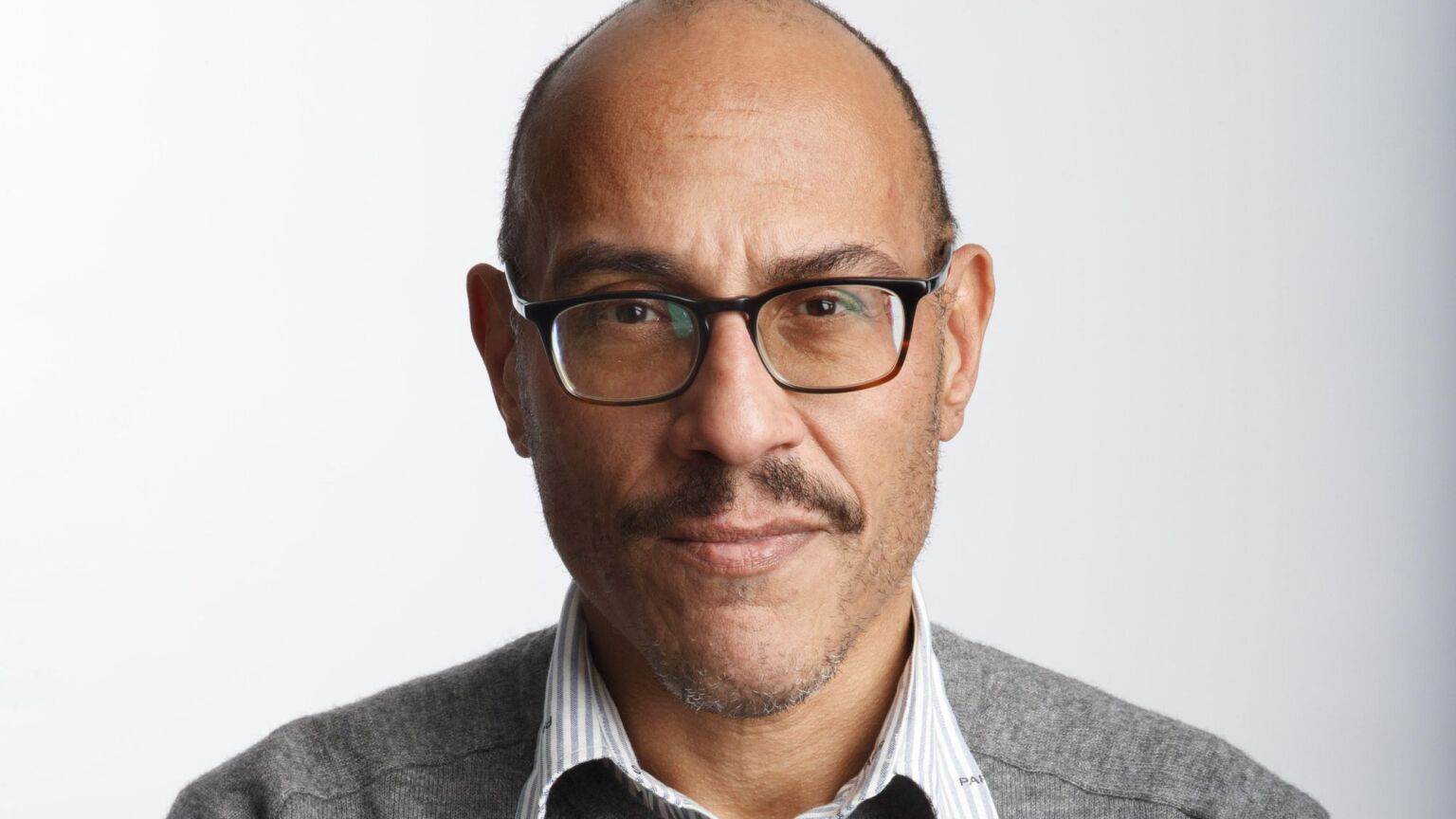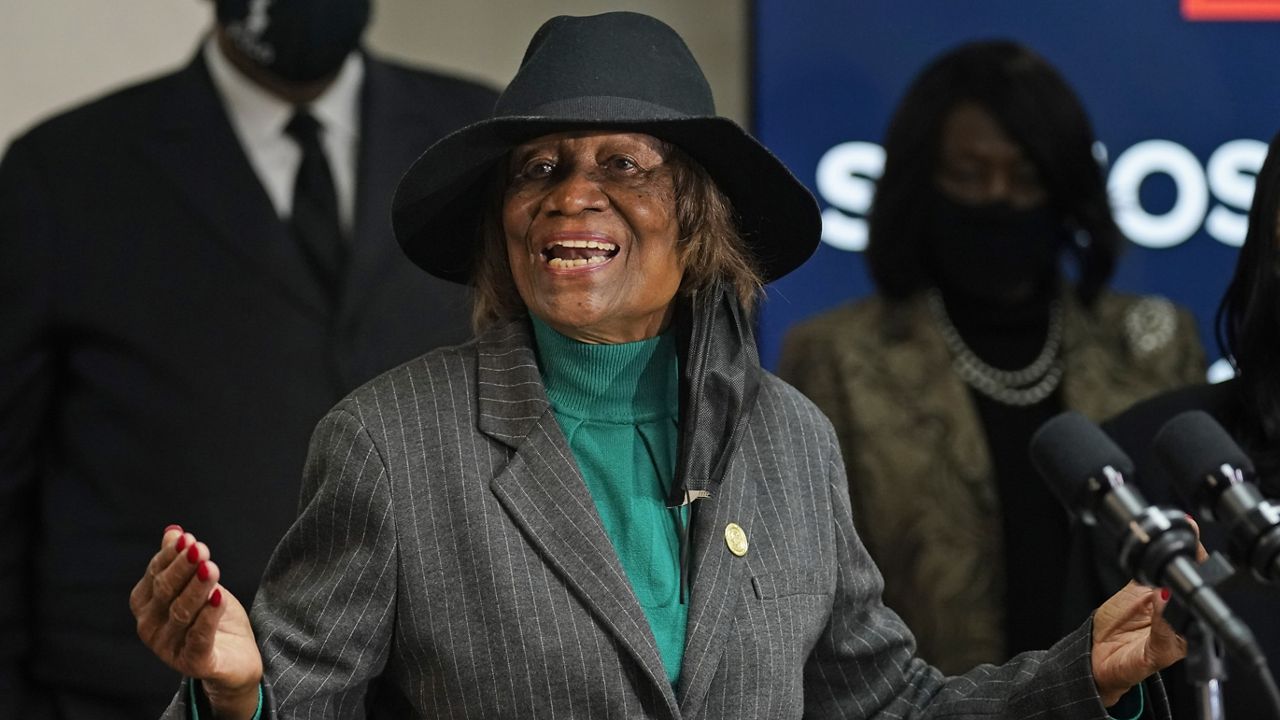- BlackVoter.Org
- Posts
- BlackVoter.Org
BlackVoter.Org


A recent report highlights a significant increase in Black voter turnout in Louisiana's newly established majority-Black 6th Congressional District during the November 2024 election. According to the Brennan Center for Justice, Black residents in majority-Black districts, like this one, are more motivated to vote, feeling empowered to elect their representatives.
Although the turnout difference between Black voters in majority-Black and majority-white districts was just two percent, that equates to thousands of additional voters. This transformative district was born from a lengthy legal battle against gerrymandering aimed at reducing Black voting power.
Advocates argue that creating districts reflective of the population boosts engagement and helps bridge the racial turnout gap. With the U.
S. Supreme Court set to review the map's constitutionality soon, the potential for sustained political representation for Black Louisianans—and increased voter turnout—hangs in balance.

A recent CNN poll highlights a growing dissatisfaction among Americans regarding President Donald Trump's economic management, with a staggering 56% disapproving of his performance—his worst rating ever. As the stock market stumbles and major retailers and airlines lower their forecasts due to weak consumer demand, public frustration has escalated.
Even more striking is that disapproval of Trump's economic handling surpasses his overall disapproval rating of 54%. Just 39% of Americans support his approach to tariffs, signaling significant concerns about the current economic climate.
With consumer confidence waning, this polling data paints a troubling picture for Trump's presidency as his handling of the economy faces intensified scrutiny from voters.

Black entrepreneurs are navigating a turbulent economic landscape under Trump's shifting policies, leading to significant growth challenges. As Trump proposes the elimination of the U.
S. Department of Education, many fear vital funding for low-income schools and educational programs could vanish, jeopardizing businesses reliant on these resources.
For example, Leo Carr, who runs an educational consulting firm, warns that losing up to $5 million in funding could harm local school systems and students. Concurrently, Trump's unpredictable tariff policies are creating market uncertainty, which has led to cautious spending and investment among Black-owned businesses.
This climate of hesitation affects diversity, equity, and inclusion (DEI) initiatives as many companies re-evaluate their efforts amid political backlash. Industry leaders stress that such cutbacks could hinder long-term financial stability and community support—a setback for Black firms striving for equity and growth.
Despite these challenges, some remain hopeful for a future shift back toward opportunity and progress.

In a thought-provoking piece, Dr. Allison Wiltz examines how nostalgia can skew our understanding of history, particularly regarding race relations in America.
While collective memories may seem harmless, they often shield us from confronting the darker truths of the past—namely, the systemic racism inherent in celebrated figures like Thomas Jefferson. Wiltz critiques politicians such as Virginia's Governor Youngkin, who advocate for nostalgia-laden narratives that dismiss critical race theory and diversity initiatives.
By romanticizing America's history, many overlook the injustices experienced by Black people and reject vital discussions about equity. Ultimately, Wiltz argues that engaging with Black history is essential for breaking the spell of nostalgic sentiments that perpetuate discriminatory beliefs and stifle progress toward a more inclusive society.
It's a rallying cry for empathy, understanding, and a more honest evaluation of our collective past.

In a compelling discussion featured on Spiked, David Christopher Kaufman argues that it's crucial for Jews to defend one another and Israel amidst rising anti-Semitism. He highlights the dangerous trend of anti-Zionism morphing into overt anti-Semitism, fueled by recent pro-Palestinian protests that openly call for Israel's destruction.
Kaufman, a New York Post editor, emphasizes that silence in the Jewish community only empowers those who threaten their existence. He calls for a revolutionary spirit among Jews, advocating for vocal support of Israel and recognition of the unique tensions faced by the Jewish diaspora.
He critiques Jewish individuals distancing themselves from Zionism, urging a united front against anti-Semitic ideologies. With the current political climate, Kaufman expresses cautious hope that renewed dialogue and accountability can restore confidence within the Jewish community.
As he puts it, "Jews defending Jews is a revolutionary act," and it's a necessary stance for survival in today's world.

A proposed bill, the SAVE Act, backed by Republicans promises to shake up voter registration in the U.S.
by mandating that individuals provide proof of citizenship when registering to vote. While supporters argue this will ensure election integrity, critics warn that the law could disenfranchise millions, especially marginalized groups who may lack the required documentation.
An estimated 21.3 million Americans either do not possess or have easy access to citizenship documents, a barrier that could severely hinder participation in elections.
The legislation may also complicate voting for married women who have changed their names and require in-person verification at government offices, which might disproportionately affect rural voters. Despite concerns over its feasibility and potential voter suppression, the bill has gained traction, reflecting a broader push among states for similar laws.
As the debate rages on, the implications for the democratic process remain significant and contentious.

A heartfelt gathering took place in Harlem to celebrate the extraordinary life of civil rights champion Hazel Dukes, who recently passed away at 92. Political leaders, including Governor Kathy Hochul and former Secretary of State Hillary Clinton, honored Dukes’ decades-long commitment to justice and equality.
Affectionately known as “Ma Dukes,” she was a tireless advocate in her community, having risen through the ranks of the NAACP to become its national president. Her impactful legacy included significant work in de-segregation, voting rights, and women’s equality.
Mayor Eric Adams recalled her unwavering support, while Attorney General Letitia James pledged to continue her fight against those seeking to reverse progress. Dukes, who began her activism in Montgomery, Alabama, later found her voice in New York, where she inspired countless leaders.
Mourners came together to celebrate her infectious energy and the enduring spirit of her advocacy that lives on in all who knew her.